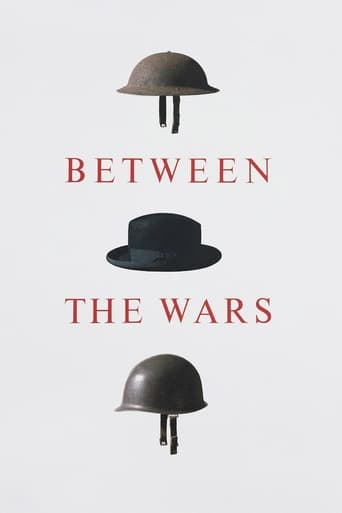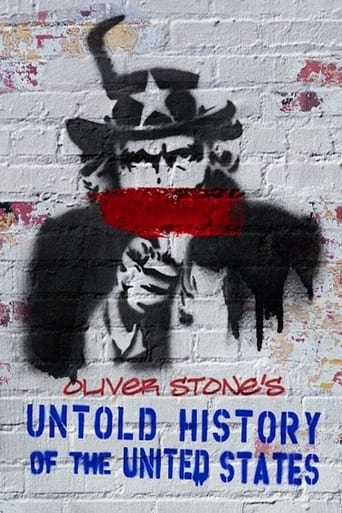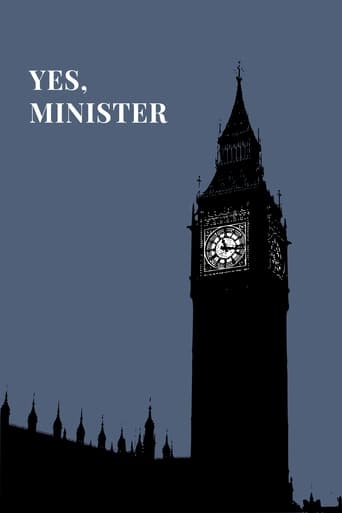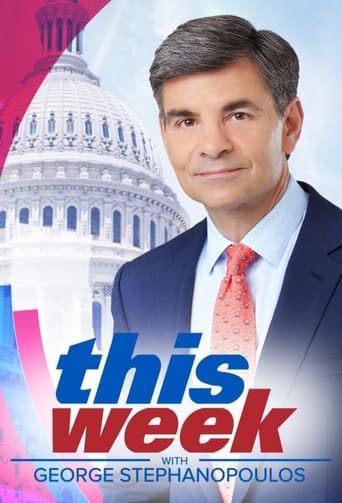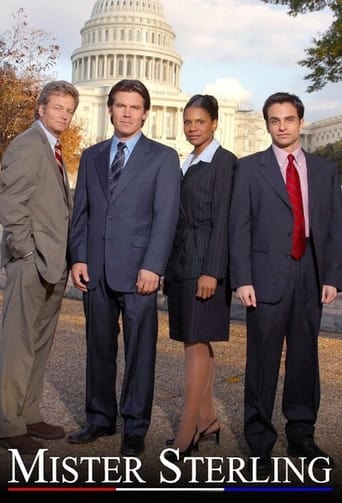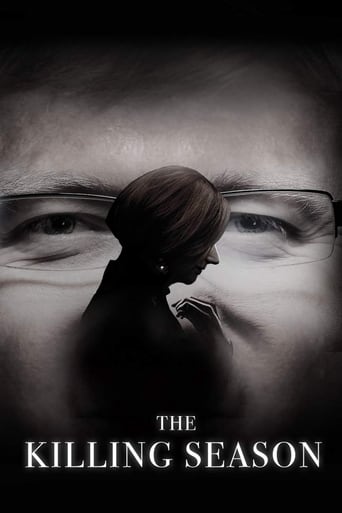Between the Wars (1978)

This classic series follows the events that sparked the greatest conflict of the century, capturing the drama, the excitement and the ideological juxtapositions of these crucial years. Former CBS News correspondent and commentator Eric Sevareid, one of the world's most respected figures in journalism, presents this extraordinary series featuring stunning original newsreels, soundtracks, and rare archival footage.
Watch NowBetween the Wars
1978 / NR

This classic series follows the events that sparked the greatest conflict of the century, capturing the drama, the excitement and the ideological juxtapositions of these crucial years. Former CBS News correspondent and commentator Eric Sevareid, one of the world's most respected figures in journalism, presents this extraordinary series featuring stunning original newsreels, soundtracks, and rare archival footage.
Seasons & Episode

Disillusioned by the horrors of World War I, the U.S. tries to isolate herself from the rest of the world. Strict immigration quotas are imposed and a mistrust of foreigners and minorities ushers in an ugly period of racism and ethnic discrimination. The advent of radio helps to project a standard image of the "good American" but at the same time lets in news of foreign nations.


The Depression is a traumatic national experience which shatters U.S. self-confidence and paralyzes foreign policy, thus leading to further isolationism. The world-wide depression gives rise to national dictators, but we are so preoccupied with domestic problems that we ignore the threat. President Hoover is not equipped to deal with the national crisis. The London Naval Conference insults Japan and when the Japanese invade Manchuria, a preoccupied United States does nothing.


Both Hitler and Roosevelt appreciated the value of mass communications. FDR began his series of "fireside chats" to reassure and inform the people while Hitler assigned Josef Goebbels as Minister of Propaganda to control the public through radio and rallies. F.D.R. wished to stabilize the economy and restore confidence to the people. Hitler began extensive rearmament in hopes of national expansion.


This overview of U.S.-Japanese relationships from the turn of the century until 1933 is a story of conflict. Japan emerged from World War I as a major power, but American diplomats made little effort to understand the Oriental mind. Our Japanese foreign policy, including immigration quotas and protective tariffs, does little to improve relations.


From the Bolshevik Revolution in 1917 until the Roosevelt administration officially recognized the U.S.S.R. in the first detente in 1933, American relations with the Soviet Union were mistrustful and hostile. Cold War attitudes can be traced back to this period and the national paranoia over Bolshevism.


FDR's "The Good Neighbor Policy", his greatest foreign policy success, was a key development in reversing the U.S. imperialistic attitude toward Latin America. For over a century, the Monroe Doctrine had been invoked to justify intervention in the Caribbean, Central, and South America. Pan-American relationships deteriorated rapidly until 1933, when the policy in intervention was abolished.


The short-lived but brutal Italian-Ethiopian War leads to an examination of Italian Fascism, the character of Mussolini and how he came to power. Mussolini ruled with apparent effectiveness and was hailed by leaders of the anti-Communist world until his dreams of empire led him to invade Ethiopia. The incident was one of the chief episodes paving the way for World War II.


The close personal friendship between Roosevelt and Churchill had a profound effect on the history of the Western world. Roosevelt posted "lend-lease" as the most practical means of allowing the U.S. to remain neutral while arming Britain and her allies. Due to the political wiles of the of the two leaders, the bill was passed against bitter opposition and British morale received en enormous lift.


In 1937 Japan was bent on establishing an empire. Encouraged by lack of Western resistance, Japan took control of French Indochina, the Dutch Indies, Burma, Malaya, and the Philippines. By mid-1941, Roosevelt had enforced a total embargo, freezing all assets originating in Japan. In the face of this economic pressure, the Japanese government decided to force the United States into war.

This classic series follows the events that sparked the greatest conflict of the century, capturing the drama, the excitement and the ideological juxtapositions of these crucial years. Former CBS News correspondent and commentator Eric Sevareid, one of the world's most respected figures in journalism, presents this extraordinary series featuring stunning original newsreels, soundtracks, and rare archival footage.
Watch Trailer
Free Trial Channels


